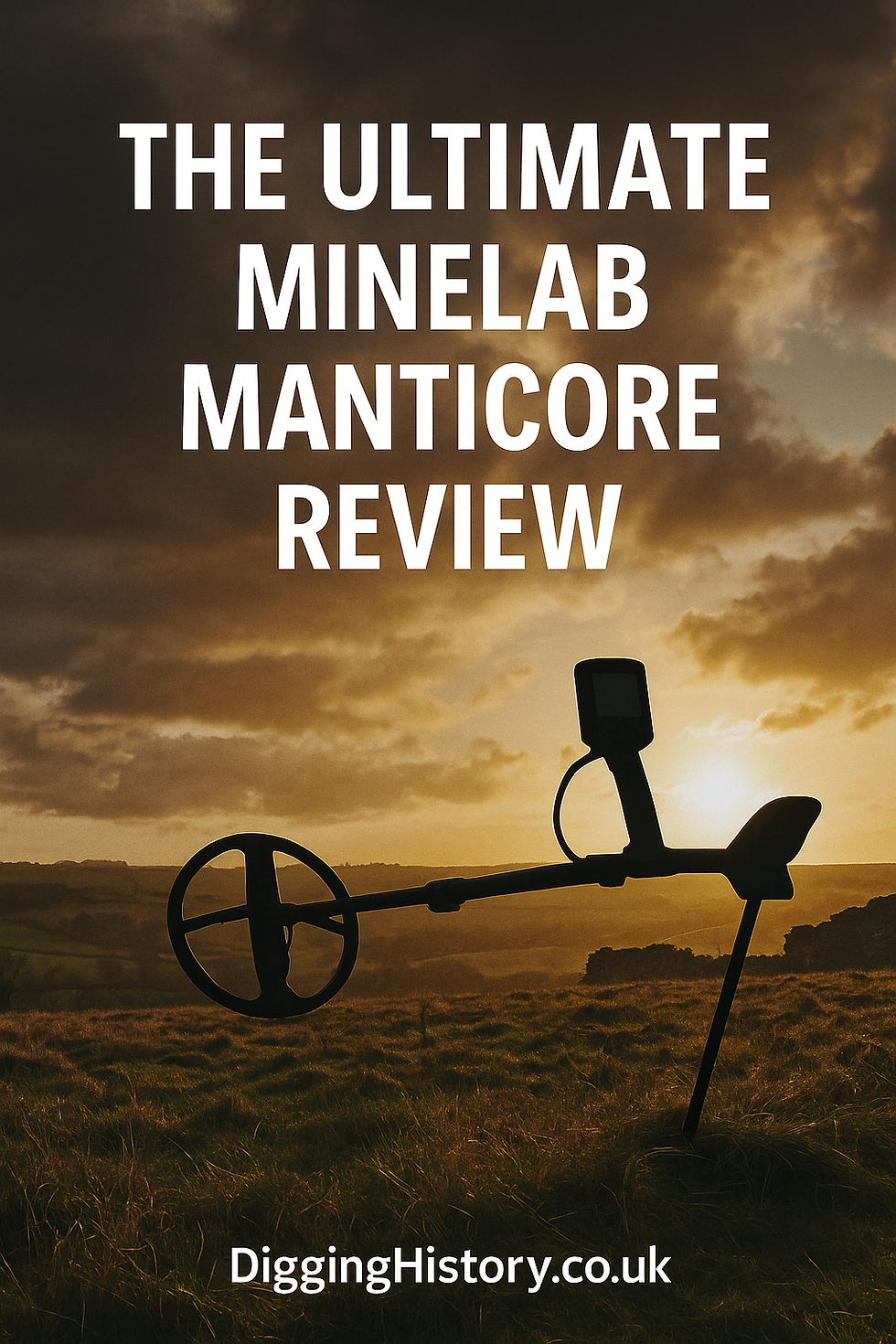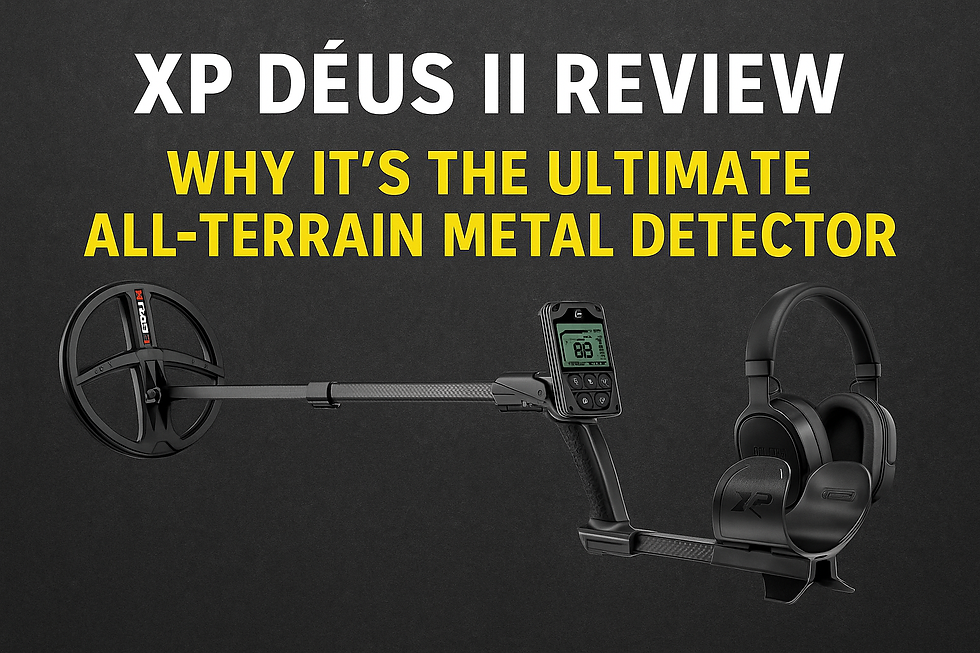How to Get Permission to Metal Detect on Private Land in the UK
- DiggingHistory.co.uk
- Sep 11
- 3 min read
One of the most important steps in responsible metal detecting is securing permission. In the UK, almost all land is privately owned, and detecting without consent is illegal. Whether you’re a beginner or an experienced detectorist, knowing how to approach landowners and obtain permission will open up more opportunities and keep you on the right side of the law.

Metal Detecting Permission UK: Why You Need Permission
It is a common misconception that you can metal detect anywhere in the countryside. In reality, all land has an owner, and without consent you risk prosecution for trespassing or theft. Securing permission protects both you and the landowner, while also building trust that can lead to long-term access.
Who Owns the Land?
Before asking for permission, you need to establish who owns the land. Options include:
Farmers – Agricultural land is popular for detecting, as ploughed fields often reveal new finds.
Private estates – Woodlands, meadows, and parkland are usually under estate ownership.
Local councils – Some parks and open spaces are council-owned. Rules vary by region.
Churches – Churchyards and glebe land require diocesan permission.
You can check land ownership through the Land Registry or by speaking to locals who may know the farmer or estate manager.
How to Ask for Permission
Approaching landowners can feel daunting, but most detectorists find success by being polite, clear, and professional. Here are some tips:
Do your research – Learn about the land and its history before approaching.
Introduce yourself – Be friendly and explain your interest in history rather than treasure.
Explain the benefits – Assure landowners you will respect their property and share interesting finds.
Be transparent – Discuss how you will handle potential treasure finds (following the Treasure Act).
Offer references – If you are part of a metal detecting club, mention it to add credibility.
A written agreement is best, setting out conditions such as which areas you may detect, when, and how finds will be shared.
Sample Permission Letter
If you can’t approach in person, a polite letter works well. Here’s an example:
Dear [Landowner’s Name],
I am a responsible metal detecting enthusiast with a strong interest in local history. I would like to request permission to search with my detector on your land. I always follow the Treasure Act 1996 and the Code of Practice for Responsible Metal Detecting, and I take great care to leave fields exactly as I find them. I would be happy to share details of any finds with you and to keep accurate records with the Portable Antiquities Scheme. If you would like references, I can provide them from my detecting club
Thank you for considering my request. Yours sincerely,[Your Name]
Building Good Relationships
Getting permission is only the first step. Keeping it is just as important:
Respect the land – Close gates, avoid livestock disturbance, and leave no trace of digging.
Share finds – Show the landowner what you discover and keep them updated.
Be reliable – Stick to agreed times and rules.
Say thank you – A simple gesture like a Christmas card or small gift goes a long way.
Many detectorists enjoy years of access by maintaining good relationships. Word of mouth also helps — farmers often recommend respectful hobbyists to others.
Where You Don’t Need Permission
There are a few exceptions:
Beaches – Many public beaches allow metal detecting, though local by-laws vary.
Crown Estate land – Some coastal areas fall under Crown Estate control, where detecting is permitted with certain rules.
Always check the latest regulations before detecting.
Conclusion
Permission is the key to successful and legal metal detecting in the UK. By approaching landowners respectfully, being transparent about your hobby, and following the law, you can gain access to rewarding sites and build lasting relationships.
Remember: responsible metal detecting is not just about finding treasure, but about preserving history and working in partnership with landowners and archaeologists. With the right approach, you’ll find that many people are open to detectorists who show care, honesty, and enthusiasm for our shared heritage.





Comments